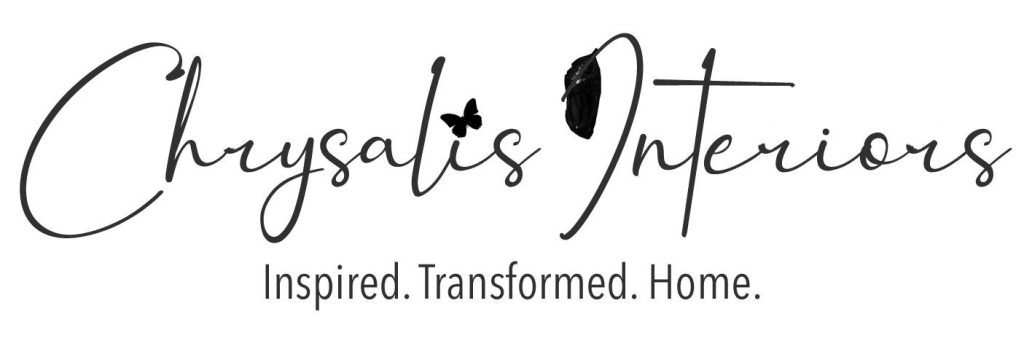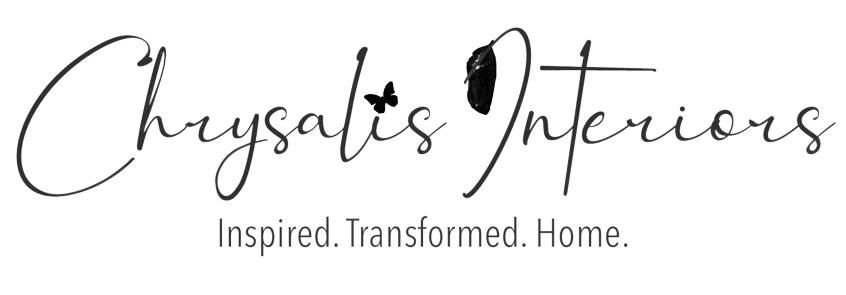This is the main reason that accrual accounting is the preferred method for GAAP. It’s important to note that this method does not take into account any accounts receivable or accounts payable. This is because it only applies to payments from clients—in the form of cash, checks, credit card receipts, or gross receipts—when payment is received. Under the accrual basis, revenue is recorded when earned and expenses are recorded when consumed.
- In the accrual method, transactions are recorded with the full profits gained or losses incurred in the given period for which the income statement is generated.
- Knowing exactly how much cash is available helps determine when bills get paid or how quickly.
- In accrual accounting, you use a double-entry system in which every transaction is recorded under a minimum of two accounts.
- Accrued expenses, also known as accrued liabilities, occur when a company incurs an expense it hasn’t yet been billed for.
- Accrual accounting requires the business to follow the Generally Accepted Accounting Principles (GAAP).
As its name implies, this method tracks accruals, which could be unpaid expenses or invoices that customers haven’t paid yet. You record income when you earn it and expenses when they are used to produce that income. The accrual method is the more commonly used method, particularly by publicly-traded companies.
Time is money. Save both.
For example, imagine a dental office buys a year-long magazine subscription for $144 ($12 per month) so patients have something to read while they wait for appointments. At the time of the payment, the dental office sets up a prepaid expense account for $144 to show it has not yet received the goods, but it has already paid the cash. Might overstate the health of a company that is cash-rich but has large sums of accounts payables that far exceed the cash on the books and the company’s current revenue stream. Learn more about how cash accounting and accrual accounting work and which method may be best for you.
- Accounts receivable is the sum of money owed to your company as a result of credit transactions in which revenue is earned before cash is received.
- In comparison, “cash-basis” accounting recognizes revenue only if cash payment is actually received for the product/service delivered.
- The applications vary slightly from program to program, but all ask for some personal background information.
- To choose your method of accounting, you must compare your business situation to the rules for accounting stated by the IRS.
- While accrual accounting shows a more accurate picture of a company’s finances, it does have the potential to obscure short-term cash flow issues.
Understanding the impact of accounting methods on business valuation is essential, whether you are considering acquiring a business or planning to sell one. Accrual accounting, on the other hand, recognizes expenses when they are incurred, regardless of when payment for them is made. As an example, let’s say Tim is the proprietor of the Tasty Tornado food truck. It’s June 1st, and he’s been in business for several years and uses cash-based accounting.
Small-business taxpayers with average annual gross receipts of $25 million or less in the prior three-year period can use the cash method of accounting. The cash method is best for small service businesses with low inventory, while the accrual method of accounting is best for large businesses with complex practices. Small business owners and startups should stick with cash accounting where they can, purely for the simplicity and efficiency it provides their small teams and resource availability. If your intent is to eventually scale the business, however, then it’s best to be using the accrual method. Businesses that use cash basis accounting recognise income and expenses only when money changes hands.
Resources for Your Growing Business
The US government uses a set of generally accepted accounting principles, or GAAP, to regulate how certain companies file financial documents. Per the IRS, you can’t use cash-basis accounting if you manage inventory, make over $5 million a year, or are publicly traded on the stock exchange. If you’re unsure which method makes sense income summary account for you, talk with your accountant or bookkeeper. Make sure they understand what you want to gain from your financial statements and that they aren’t basing their advice solely on your business’s tax basis. Recording revenue before you’ve received payment also makes for a tricky situation when a customer doesn’t pay their invoice.
Taxes
He used to pay his vendors when orders arrived, but after adding a catering aspect to his business, he had his vendors switch him to a net30 vendor terms. This content is for information purposes only and should not be considered legal, accounting, or tax advice, or a substitute for obtaining such advice specific to your business. No assurance is given that the information is comprehensive in its coverage or that it is suitable in dealing with a customer’s particular situation. Intuit Inc. does not have any responsibility for updating or revising any information presented herein.
What is cash-basis accounting?
There are bookkeeping services or software options that work best with cash-basis accounting. Cash-basis accounting documents earnings when you receive them and expenses when you pay them. However, the accrual method accounts for earnings the moment they are owed to you and expenses the moment you owe them; it does not matter when your money enters or leaves your account. Interpreting the significance of cash- vs. accrual-based financial statements requires a deep understanding of accounting principles and financial analysis. This method provides a more accurate representation of a business’s financial performance by matching revenue with the period in which it was generated. It allows businesses to account for revenue even if payment is received at a later date.
While accrual accounting is the most widely used accounting method, some businesses prefer to use cash basis accounting. Cash accounting is an accounting method in which revenue is only recorded when cash is received, and expenses are recorded after cash payments are made. Accrual basis accounting can give you a more accurate picture of your business’s financial health because it takes your business’s unpaid expenses and your customers’ unpaid invoices into account. That means it does a better job than cash basis accounting of matching expenses and revenue to the correct time period in which they were incurred. It also produces a more complete balance sheet that factors in accounts payable, accounts receivable, current assets such as inventory, fixed assets and liabilities like loans.
Switch to smart accounting. Try Zoho Books today!
Some candidates may qualify for scholarships or financial aid, which will be credited against the Program Fee once eligibility is determined. When a company receives cash before a good has been delivered or a service has been provided, it creates an account called deferred revenue, also referred to as unearned revenue. This account is a liability because the company has an obligation to deliver the good or provide the service in the future. More detailed definitions can be found in accounting textbooks or from an accounting professional. To change accounting methods, you need to file Form 3115 to get approval from the IRS. Let’s look at an example of how cash and accrual accounting affect the bottom line differently.
Before joining Versapay, Nicole held various marketing roles in SaaS, financial services, and higher ed. In other words, the cash in the bank account is ready for use and at the company’s disposal. Though the cash-basis accounting technique has advantages, there are notable setbacks. We understand the importance of accurate financial management in the acquisition and growth of businesses.
If you manage inventory, trade publicly on the stock exchange, own a C corporation, or have a gross annual revenue of $5 million or more, the IRS requires you to use accrual accounting. Additionally, if your customers can pay you for products on credit, you should be using the accrual accounting method. Otherwise, you and your investors won’t have an accurate understanding of your finances.

